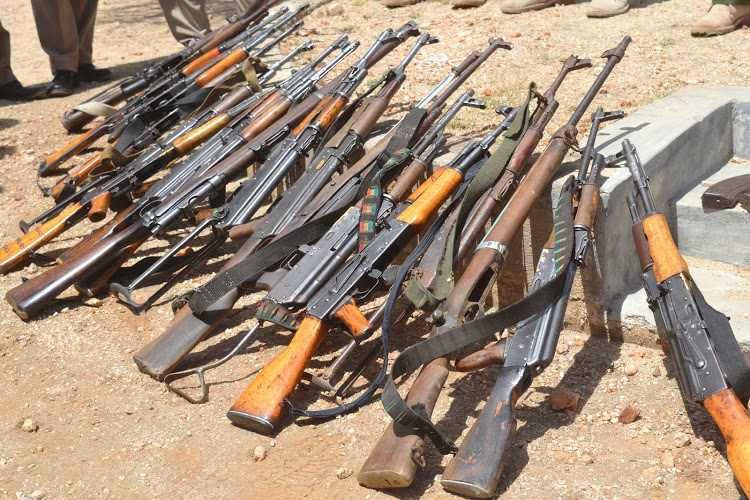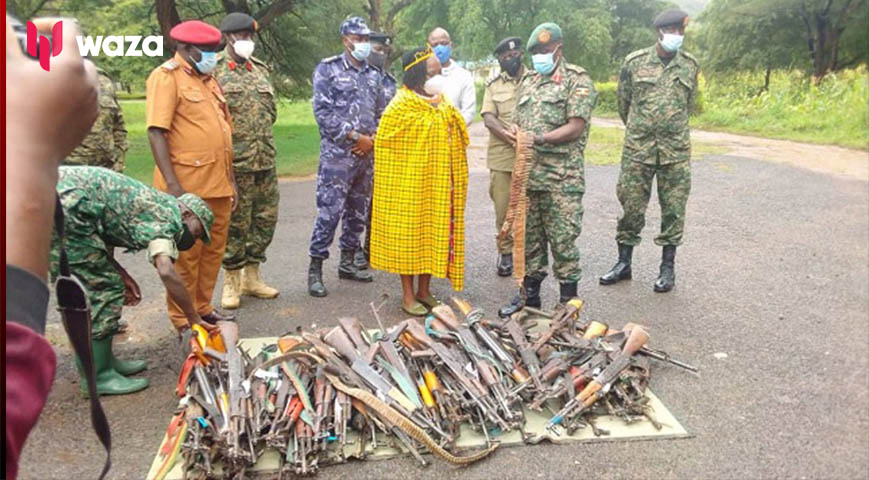The government's efforts to restore peace in the North Rift have led to a significant 62 percent decrease in cattle rustling incidents, with cases dropping from 63,054 stolen livestock to 23,668.
Through the initiative named Operation Maliza Uhalifu, the government deployed the National Police Service (NPS) and the Kenya Defence Forces (KDF) to stabilize hotspot regions including Baringo, Turkana, Samburu, Elgeyo Marakwet, West Pokot, Marsabit, Laikipia, Isiolo, and Meru.
As part of the operation, authorities recovered 172 illegal firearms and 10,173 livestock during mop-up exercises. Additionally, 250 suspects, among them 14 political leaders, were apprehended and prosecuted for allegedly inciting violence in the region.

“The security situation in the North Rift has significantly improved, thanks to this multi-agency approach,” the statement noted. “Security officers on the ground have successfully disarmed hundreds of bandits, dismantled their hideouts in challenging terrains, and restored stability to affected communities.”
Did you read this?
To strengthen the operation, over 1,702 reservists were recruited and trained in Baringo, Samburu, Laikipia, Meru, Turkana, and West Pokot. The government also gazetted 126 new administrative units in the region to bolster local governance and improve responses to security threats.
The operation's success extended to education, ensuring that candidates in the North Rift could sit for KCSE and KPSEA exams without disruptions. The KDF contributed to rebuilding 26 schools previously shut down due to banditry, enabling all schools in Elgeyo Marakwet County and the previously closed institutions in Laikipia and Samburu to reopen.

However, the Interior Ministry acknowledged the need for continued efforts to reopen 13 schools that remain closed in Baringo, West Pokot, and Turkana Counties. “No schools were closed in Elgeyo Marakwet County, and all previously closed schools in Laikipia and Samburu are now operational,” the statement affirmed.









